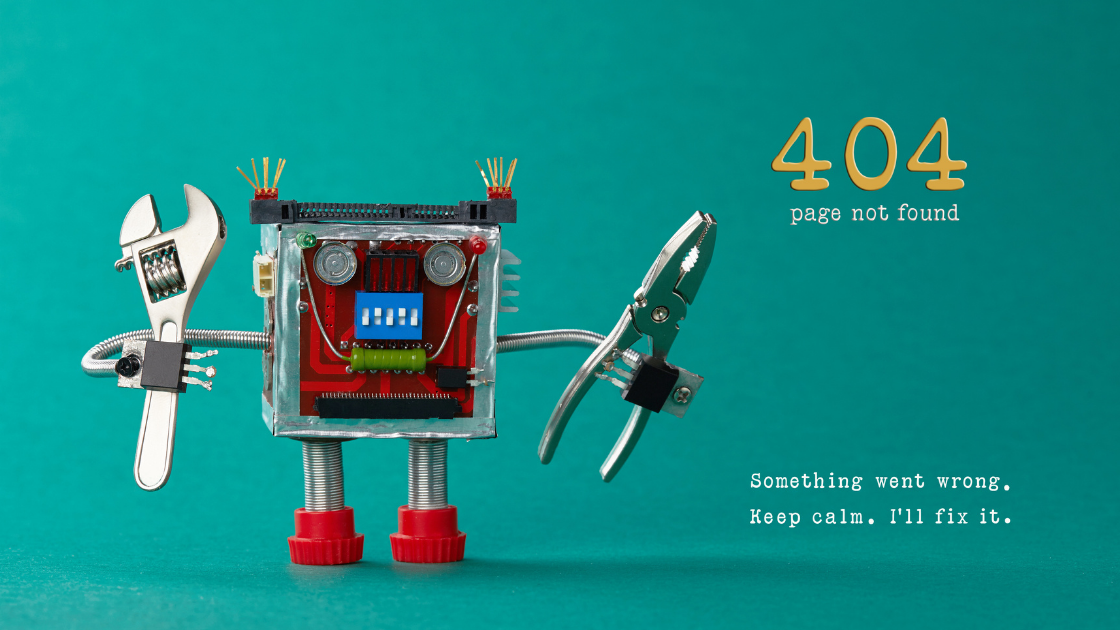When you visit a web page on the internet, it returns a status code. Most of the time we don’t see them, because a web page is working. But there are times when you’ll see your browser display a 404 error code. But what do they mean?
In this brief guide, we’ll look at 404 error codes, and discuss how to check for 404 errors.
What Does 404 Error Pages Mean?
A 404 error will show when a page cannot be found. The default message can confuse others because it’s quite ambiguous. For example, when a 404 error displays, it doesn’t tell you exactly why it’s there.
In some cases, errors are there because the server cannot find the code, but the page could have been removed by the webmaster or renamed. Because of this, 404 error codes can damage your SEO efforts and impact your website.
What Does It Mean For SEO?
If you want to check for 404 pages on your website, you can use the URL inspection feature on Google Search Console. It’s vital that you understand 404 error pages aren’t bad, and search engines expect some of them to exist. However, their ambiguous nature can cause lower rankings.
If you have a lot of 404 error codes on your website, the search engine will make a judgement call on the validity of your site, based on how many appear. It means that your domain and page authority will be affected, which leads to lower rankings.
404 error codes also cause issues for crawling and indexing. Most sites have a map that enables search engines to crawl through them and index them in the search engines. But when error pages break up a site, the search engine struggles to crawl the pages effectively, and you could lose out on vital ranking factors.
How to Fix 404 Errors
There are many things you can do to fix 404 errors, but most people decide to leave them as they are. Search engines are getting smarter, and if you don’t have lots of 404 errors, then it might be best to leave them instead of attempting to manage them.
Use a Soft 404
Soft 404 pages can have less of an impact on your website. Instead of a generic 404 page, soft 404’s can contain links to other pages which mean search engines can continue crawling effectively.
Redirect with 301 Pages
A 301 page acts as a redirect message for search engines. It tells the browser when a page has moved permanently, so it’s useful for your website SEO. Experts prefer using 301’s when possible because they cause fewer issues with search engines. But if your 404 pages are far and in-between, it’s a lot of unnecessary work.
Personalise Your 404 Error
A lot of website owners decide to add a personalised message to their 404 pages. For example, some include an “uh-oh, sorry about that” or something to soften the impact of a lost page.
Make sure the design and tone of your page stay in line with your branding and style of your website.
If you’d like some advice on designing web pages, check out our guide here.








